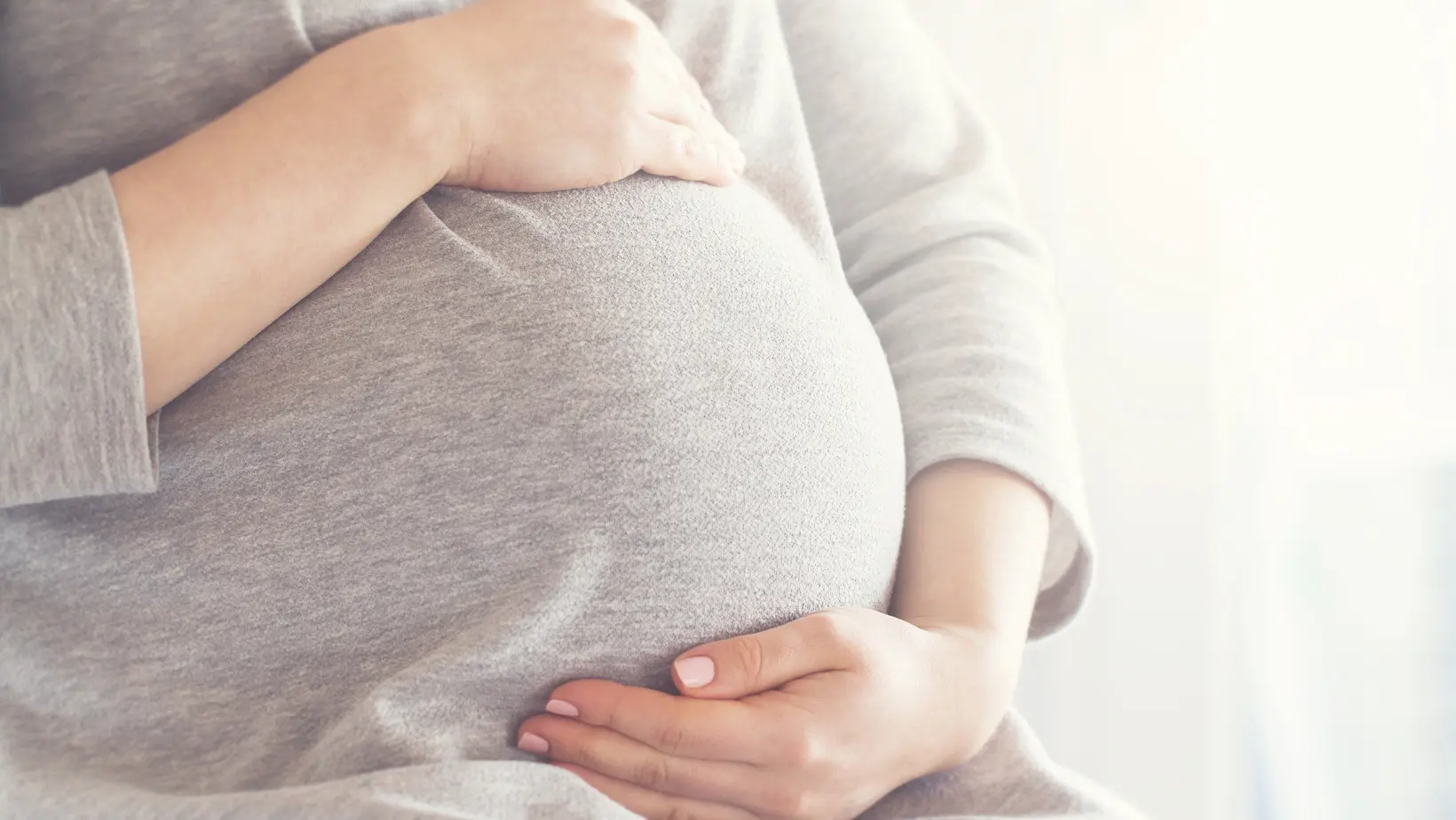Miscarriages are a difficult thing to talk about because it’s a very sensitive topic and may have been a very painful experience for some. Yet I think it’s important, as a nurse working with couples, to demystify some aspects of miscarriages to relieve those who feel a deep responsibility for them happening.
When out with your girlfriends, have you ever asked how many have lost a baby? Among your friends, a sister? Try it, and you’ll see…it’s surprising to note the impressive number of women (and spouses) that have experienced this loss without having talked about it. A miscarriage is the death of a non-viable embryo or fetus weighing less than 500 g and occurring before the 20th week of pregnancy.
A miscarriage will terminate about 15%-20% of pregnancies
Miscarriages are the most frequent perinatal death, and statistics show that a miscarriage will terminate about 15%-20% of pregnancies. In fact, this number is likely higher given that women can miscarriage without knowing they were pregnant. While we can’t identify the cause of this death, in the majority of cases, some risk factors can increase the likelihood that a miscarriage will take place without directly causing the death. The literature highlights a few factors:
- The advanced age of the mother (35+)
- Regularly consuming tobacco and alcohol
- Drugs (ex.: cocaine and heroin)
- Certain health issues for the mother (obesity, poorly managed diabetes, thyroid gland issues and other illnesses).
There are four situations found in a miscarriage or spontaneous abortion:
- Threatened miscarriage: spontaneous abortion with bleeding and a closed cervix;
- Inevitable miscarriage: spontaneous abortion associated with bleeding, cramps and a dilated cervix;
- Incomplete miscarriage: refers to bleeding, cramps and dilated cervix but products of conception remain in the cervix or uterus;
- Anembryonic pregnancy (stops growing), where no fetal heart is present
After a miscarriage:
If there are still products of conception inside, the doctor MUST intervene to prevent possible complications, such as bleeding and infection. The treatments vary—dilatation and curettage, the use of prostaglandin (Cytotec) vaginally or orally/sublingually, or monitoring the situation without doing specific things.
Usually, the doctor will do a post-miscarriage follow-up 7–14 days later to verify the woman’s general health. They will probably request a blood test to measure B-hCG to check for the absence of pregnancy hormones in the blood. A control ultrasound is very rare unless advised.
It is often indicated, at the medical level, to administer the Winrho vaccine (which are immunoglobulins) to the woman who has a negative rhesus to her blood group (ex: B -) during a miscarriage or significant bleeding in order to prevent the passing of antibodies between the mother and her fetus.
However, it would appear that the administration of Winrho is not always indicated. According to the SOGC, there is no point in offering Winrho to a woman with an estimated pregnancy of less than 8 weeks, as there is little benefit for a pregnancy between 8 and 12 weeks. This explains the official recommendation to offer this vaccine to a woman whose pregnancy is more than 12 weeks (after heavy bleeding, curettage or abortion) ( FMOQ, Nov 2024).
Family and Friends:
Often, people think that losing a baby at the start of pregnancy means that the mourning is less intense since you have never seen the child or lived with them. However, research has clearly shown that the loss of a baby any time during pregnancy can be a very heavy load to carry. No parent is prepared for the loss of a child before or after their birth. The feeling of loss will differ depending on the desire of having a baby, what the pregnancy meant for the couple, the time it took to conceive, the feeling of attachment already created, etc.
Friends and family are often uncomfortable talking about it because they didn’t know the baby. They aren’t really aware of the impact the loss has on the couple. The event is almost unreal, since there are no real memories or baby, and they hesitate to talk about it openly. At their own pace and in their own way, parents will move through the emotional reactions that make up the different stages of mourning. Denial, anger, bargaining, depression and acceptance are the five stages we usually see as reactions to any mourning.
For a woman, the attachment link with her baby develops earlier (even before becoming pregnant). Generally, for men, it frequently occurs in the 2nd and 3rd trimester. This means that the emotions expressed associated with the loss will be very different. At the start of pregnancy, the father intellectualises that they will be a father (“pregnant” in his head), while the mother will experience this event more emotionally.
Continue reading about the different male/female reactions during mourning, the impacts on the couple and the rest of the family and the experience during a future pregnancy in the article Reactions to Miscarriages.
Talk soon,
Marie Fortier
The Baby Expert
Updated article : November, 2024.
Référence :
-
FMOQ, Congrès annuel de la Santé de la femme, Québec novembre 2024 – Saignement lors du premier trimestre.


